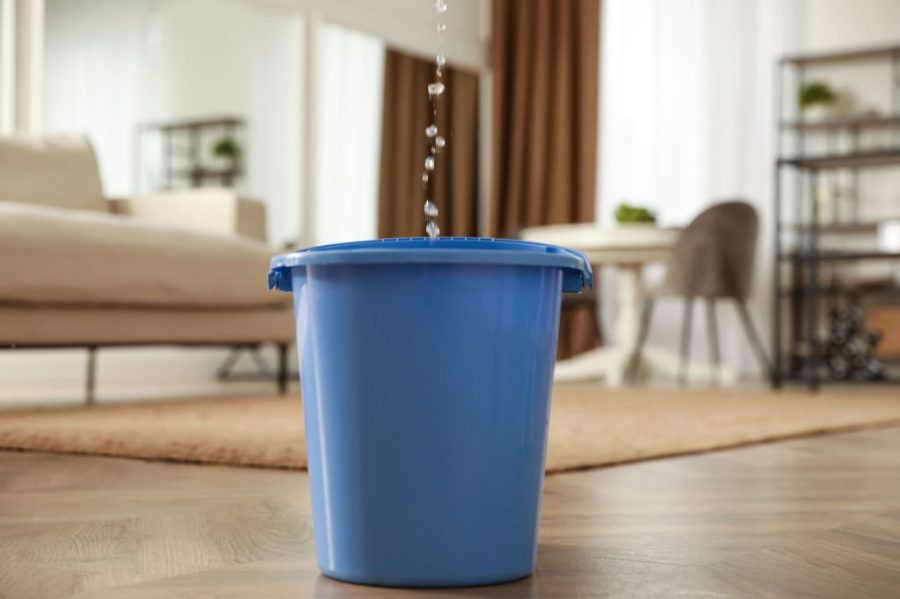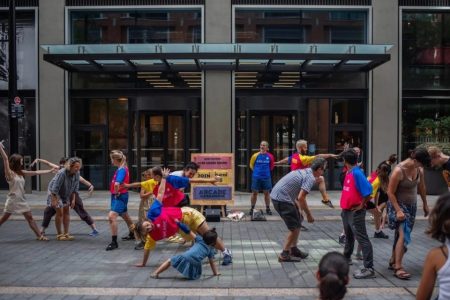Lawmakers have approved two draft bills, covering water leakage arbitration and new regulations for Macao’s financial system.
Secretary for Administration and Justice André Cheong Weng Chon said that with the introduction of the arbitration system, the time taken to deal with water leakages will “certainly be significantly reduced”.
The bill, officially known as Compulsory Arbitration System for Disputes over Water Leakages in Buildings, proposes that households affected by water leakages can initiate arbitration, and arbitrators’ decisions will compel owners of flats where the leakages are suspected to allow professionals to enter their flats for assessment, after obtaining the assessment report compiled by the respective testing institution or professional.
The bill proposes that licensed civil engineers or related companies will be eligible to assess water leakages in buildings and then issue the respective assessment report to be used for arbitration.
Cheong said this is aimed to shorten the waiting time for the testing institution tasked with detecting buildings’ water leakages.
Cheong underlined that there are currently around 515 licensed civil engineers and around 80 related companies in Macao.
Cheong said that the Centre for the Joint Treatment of Water Leakages in Buildings – a government-run centre since 2009 – had solved 88 per cent of the requests for assistance, while the remaining 12 per cent of cases left unsolved were mainly due to the fact that the owners of the flats could not be found or “refused to cooperate”.
Cheong said that the mandatory arbitration system aims to solve the difficulties of entering flats suspected of being the source of the water leakages for assessment, difficulties in hiring professionals to detect the causes of the leakages, and difficulties in getting paid for the repair costs by the owners of the flats that the leakages are coming from.
The bill proposes that a decision by the arbitration institution will have the same “enforceability” as a judgement by the Court of First Instance, according to which, Cheong said, if the flat owner still refuses to comply with a decision by the arbitration institution, the decision will be enforced by the court, and if necessary, even by the police.
In such cases, Cheong said that compulsory repairs can be carried out and the cost of repairs and compensation will be borne afterwards by the flat owner whose property is the source of the leakage.
The other outline bill passed by lawmakers concerns the city’s financial system, and proposes to introduce the licensing of limited-scope or restricted licence banks.
The current decree law regulating the city’s financial system, which was promulgated in 1993, is entitled Financial System Act.
Some legislators asked the government about the different kinds of licences that will be proposed in the bill.
Secretary for Economy and Finance Lei Wai Nong said that the government will consider wholesale banks, retail banks and investment banks as restricted licence banks.
Lei said that as the current system is basically a full licence – currently there are 34 fully licensed banks in Macao, including sub-branches and branches, adding that given the volume of banking business in Macao, there was no need for so many full licences, but there was a need to divide them according to market demand.
The bill also proposes to establish a system to issue temporary permits for trial operations of fintech projects, with the aim of promoting the application of new technology to the city’s financial businesses.
The bill also proposes to increase fines on those who receive deposits or other repayable funds from the public without official authorisation, with the aim of strengthening the government’s ability to combat illegal financial activities.
The two draft bills will be separately submitted to two of the legislature’s standing committees for an article-by-article debate, review and vote, after which the reviewed bill will once again be submitted to a plenary session for its final debate and vote, The Macau Post Daily reported.






